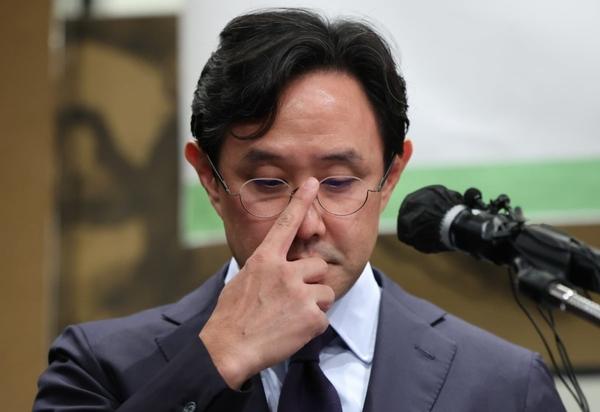Korea Zinc Announces 2.5 Trillion Won Rights Offering
Korea Zinc has unveiled plans for a public rights offering of 3,732,650 common shares, representing 18% of its total issued shares before the cancellation of treasury shares acquired through a buyback. The decision, made at a board meeting on October 30, aims to increase friendly shares amidst a narrow gap in shareholding ratios with the Young Poong-MBK Partners alliance. The rights offering, valued at 2.5 trillion won, is intended to boost voting shares while repaying loans used for a share buyback.

However, the decision has sparked significant investor dissatisfaction as it would dilute the company's share value. The offering price per share is set at 670,000 won, with the funds raised earmarked for debt repayment amounting to 2.3 trillion won and facility funds of 135 billion won. Additionally, 20 percent of the new shares will be preferentially allocated to the Employee Stock Ownership Association, with the subscription period scheduled from December 3 to 4.
Following the announcement, Korea Zinc's stock price plummeted, hitting the lower limit and trading at 1,138,000 won, down 26.25%, as of 11:48 AM. The sharp decline reflects investor concerns over the dilution of share value and the company's financial strategy.
MBK Partners, a significant stakeholder, immediately opposed the plan. An MBK representative stated, "The public rights offering plan is a criminal act that disregards and disrupts the market order and existing shareholders." The representative further criticized Korea Zinc's approach, saying, "They are causing significant damage to the company by buying back shares with loans and trying to cover it with a public rights offering. Shareholders who did not subscribe to the tender offer or sell are left in a lurch."
In response, Korea Zinc defended its decision, emphasizing the need to stabilize the stock price and prevent investor damage. "We aim to resolve the stock price instability caused by the rapid decrease in the number of circulating shares following the buyback and to prevent investor damage due to designation as a management stock or involuntary delisting," the company stated. They also highlighted the financial benefits of the rights offering, noting, "Repaying loans through fund-raising will reduce interest burdens and contribute to stabilizing the financial structure."
Rights offerings allow companies to raise capital by giving existing shareholders the right to purchase additional shares at a discount, which can dilute the value of existing shares but provides necessary funds.
The allocation of shares to the Employee Stock Ownership Association (ESOP) is another critical aspect of this event. ESOPs provide employees with an ownership interest in the company, aligning their interests with those of shareholders. However, this also affects the distribution of shares and voting power.









Comments